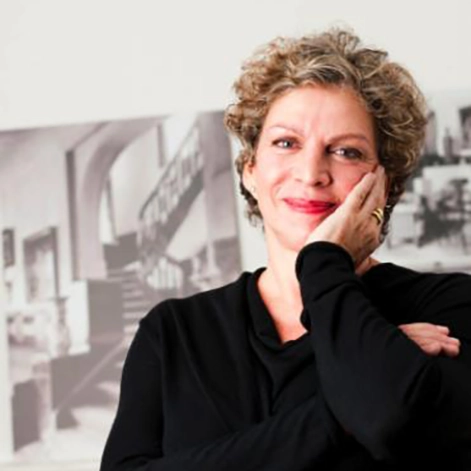
Irit Rogoff is one of the initiators of the transdisciplinary field of Visual Culture and founder of the department at Goldsmiths. Her initiatives to establish this new field are led by a belief that we must work beyond bodies of inherited disciplinary knowledge and find motivation for knowledge production in the current conditions we are living out. Her current work “Becoming Research” (MIT 2026) is concerned with the Research Turn in the arts, with new modes of knowledge production through creative practices and how these have continued to challenge traditional notions of research throughout academic and artistic environments. Most recently Rogoff founded the PH.D in “Advanced Practices” 2020.
Rogoff is a writer, educator, curator and organiser. Beyond academic work she has curated A.C.A.D.E.M.Y 2005-7 (Hamburg, Antwerp, Eindhoven) on the animation of art education sites. She also curated “Deregulation – With the Work of Kutlug Ataman” (Antwerp, Herziliya, 2007 on the work of Turkish film maker and artist Kutlug Ataman. In 2012 she co founded the collective .freethought and with them co-curated a series of projects on ‘Infrastructure’ and on ‘Spectral Infrastructure’ (‘Former West HKW Berlin 2013, Bergen Assembly 2014-2016, BAK Utrecht 2020-2022).
Among her books are Museum Culture – Histories, Theories, Spectacles, (with Daniel Sherman) 1997 University of Minnesota Press, “Terra Infirma , Geography’s Visual Culture” Routledge 2001, “Seriousness” (with Gavin Butt) Sternberg Press 2012 and numerous book chapters , essay and catalogue texts.
In 2017 Rogoff founded The European Forum for Advanced Practices and ran it as a COST.eu project through 2022. This has been part of a new rubric for thinking how arts practice has moved to research, how traditional research has been affected by this turn and how practice has become an ever broadening sphere of creative/theoretical engagement. This initiative, which is also a new PH.D program at Goldsmiths, attempts to engage with the new academic politics of knowledge, that in the era of neoliberal management of higher education ruled by financialisation and metric pre-emption, has been increasingly hostile to both criticality and experimentation. Instead it attempts to look at ‘research’ as a vital life force that takes place everywhere and is prompted by hardship and dire conditions, political crises and natural and human extinction. The effort to de-formalise research, to acknowledge the arts as spheres of radical research and knowledge productions mark its place in the world and to understand its relation with ‘invention’ is also an effort to politicise research methodology beyond its designated subjects.
Central to Rogoff’s intellectual and organisational work is that the world of art is a place for innovative and experimental thought that cannot be limited to spectacle or to its marketisation. Nor can it be limited to the material production of artifacts or digital manifestations r limited to the lone work of individuals. The importance of this sphere lies in its collective ability to constatntly morph into new forms of critical engagement.



